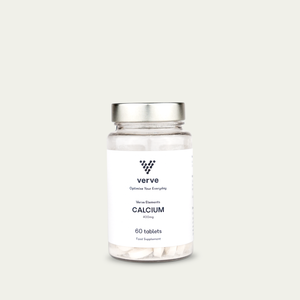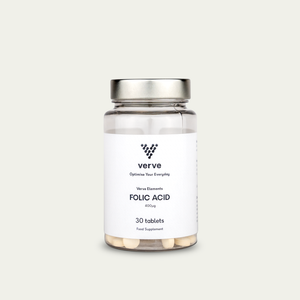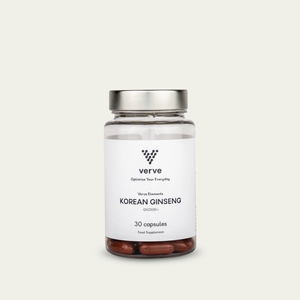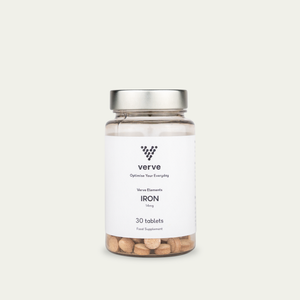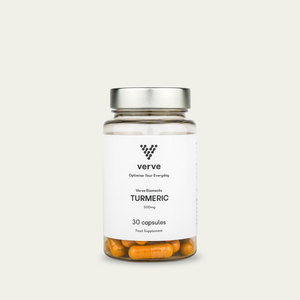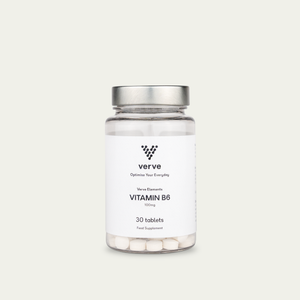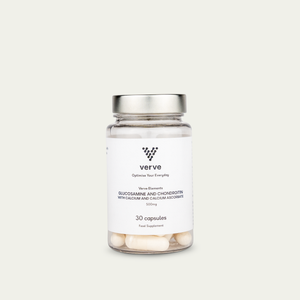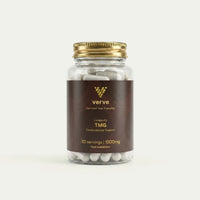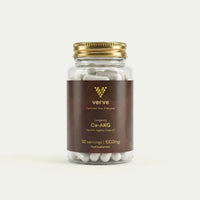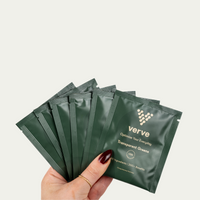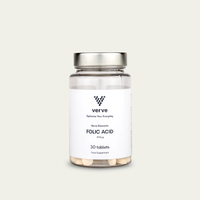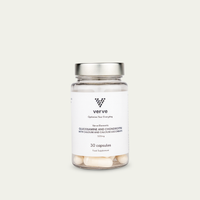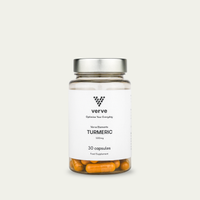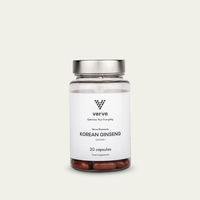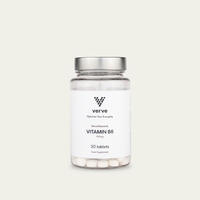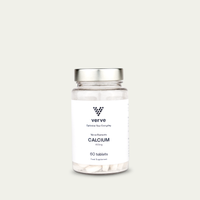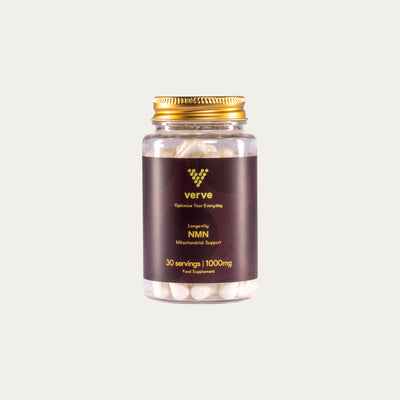The Connection to Hair Loss
Studies suggest that a lack of vitamin D can lead to alopecia, the medical term for hair loss.
Researchers have found that individuals with alopecia areata, an autoimmune condition that results in severe hair loss, often have lower levels of vitamin D than those without the condition. This relationship indicates that sufficient vitamin D is essential for the proper functioning of the hair follicles and for maintaining healthy hair growth.
Overall, it paints a pretty clear picture that Vitamin D is vital for hair health, but it’s just one component. Other nutrients that are important include Vitamin A, Vitamin C, K, and various B Vitamins. This is why it may be worth supplementing a multivitamin to ensure you’re hitting your nutrient intake goals.
Recognising Vitamin D Deficiency
Vitamin D deficiency is more common than many think, especially in regions with limited sunlight or among individuals who spend a lot of time indoors.
Symptoms of deficiency can be subtle and include fatigue, general aches, pains, and yes, hair thinning. To confirm if you're deficient, a simple blood test can be conducted by your healthcare provider.
- Persistent tiredness and fatigue
- Muscle aches and weakness
- General discomfort or pain in bones
- Mood swings and potential depression
- Hair thinning or loss
Boosting Your Vitamin D Levels
If you suspect your hair loss may be related to a deficiency, there are several ways to increase your vitamin D levels:
- Sunlight Exposure: Aim to spend time outdoors in the sun daily, but remember to protect your skin with sunscreen after a few minutes to avoid overexposure.
- Dietary Sources: Foods such as fatty fish, fortified dairy products, and egg yolks are rich in vitamin D.
- Supplements: If you’re unable to get enough vitamin D naturally, supplements can be a practical option. Always consult with a healthcare professional before starting any new supplementation.
For example, with the Verve V80 greens powder, you’ll get 100% of the nutritional reference value (NRV). This is the perfect amount from supplements for most people as you aren’t at risk of overdosing from your diet. However, if you have a more severe deficiency, you may need a higher dose.
Frequently Asked Questions
Does hair loss from vitamin D deficiency grow back?
When hair loss is attributed to vitamin D deficiency, rectifying the deficiency often results in the restoration of normal hair growth. However, it's essential to understand that this process can take time, as hair grows in cycles. Once you've achieved adequate vitamin D levels through diet, supplements, or sunlight exposure, you may notice an improvement in hair density and strength over the following months.
What are 3 symptoms of not enough vitamin D?
A deficiency in vitamin D can manifest in several ways, but three common symptoms include:
- Persistent feelings of fatigue and tiredness that don't improve with rest.
- Muscular pain or weakness that might be particularly noticeable when climbing stairs or standing up from a low position.
- Frequent illnesses or infections, hint at a compromised immune system, which vitamin D plays a vital role in supporting.
What vitamin deficiency causes hair loss in females?
In females, hair loss can often be linked to iron deficiency, which is fairly common. Besides iron, deficiencies in vitamins D, B (specifically Biotin or B7), and E are also known to impact hair health. A balanced diet and targeted supplementation, if needed, can help address these deficiencies and potentially aid in reducing hair loss.
How much vitamin D should I take for hair loss?
In the UK, the Nutrient Reference Value (NRV) for vitamin D for adults is set at 400 International Units (IU), which is equivalent to 10 micrograms per day. However, if you're dealing with hair loss and suspect a deficiency, it's important to get a blood test done to determine the exact dosage you might need.
For some individuals, especially those with a significant deficiency or with specific health conditions, a healthcare professional may recommend a higher intake temporarily. Always consult with your doctor or a registered dietitian to determine the right dosage for your particular situation if you believe you have a deficiency.






